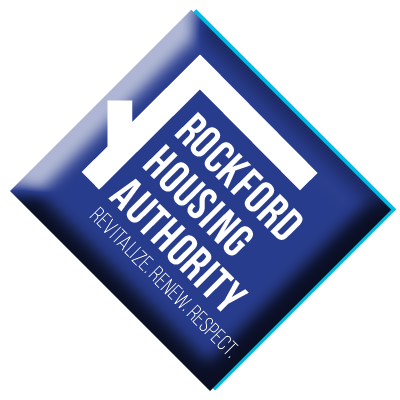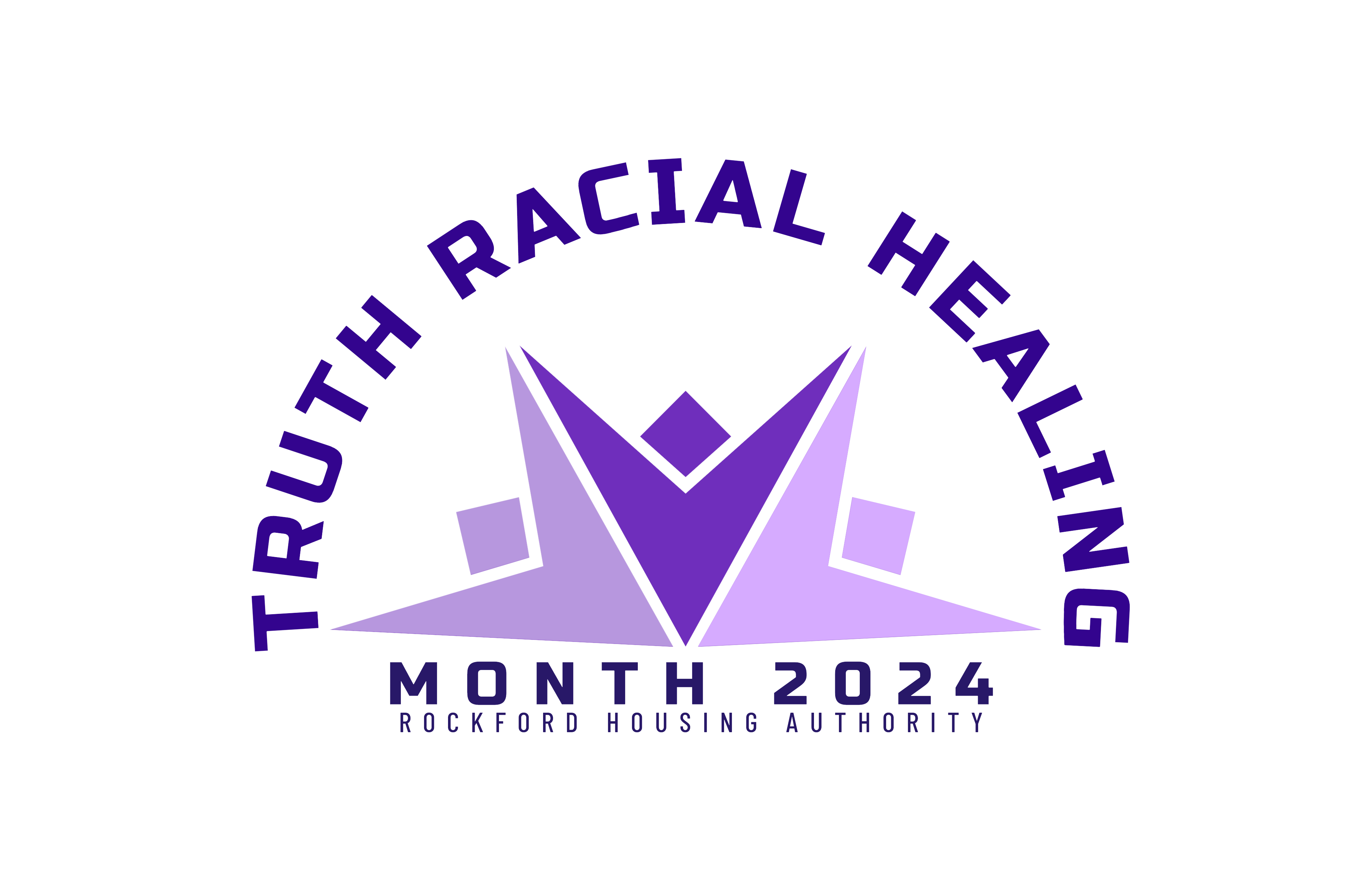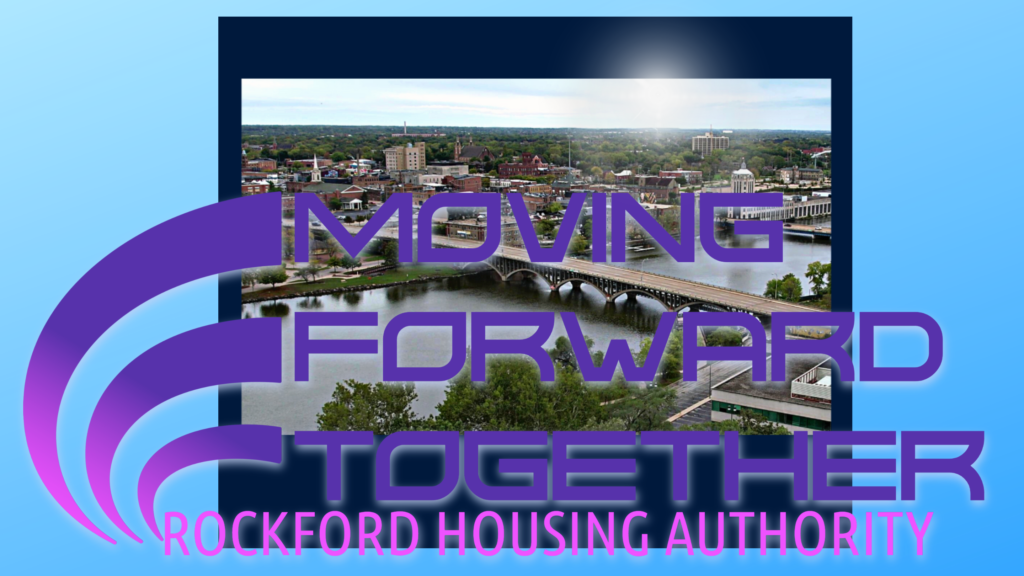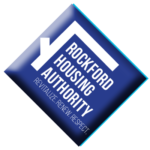- Home
- About Us
- Housing
- Resources
- Contact Us
-
-
-
Address: 223 S. Winnebago Street Rockford, IL 61102
Phone: 815-489-8500
-
-
- Updates
-

Address: 223 S. Winnebago Street Rockford, IL 61102
Phone: 815-489-8500
Address: 223 S. Winnebago Street Rockford, IL 61102
Phone: 815-489-8500


In a commitment to fostering unity, understanding, and equity, the Rockford Housing Authority proudly acknowledges and pays tribute to the National Day of Racial Healing, observed annually on the Tuesday following Martin Luther King, Jr. Day. This nationwide initiative, launched on January 17, 2017, by the W.K. Kellogg Foundation (WKKF), encourages all communities to come together, reflect on shared values, and collaboratively create a blueprint for healing from the pervasive effects of racism.
The National Day of Racial Healing is more than a symbolic gesture; it represents a call to action for individuals, organizations, and communities to actively engage in dismantling systemic racism. RHA, recognizing the pivotal role of racial healing in achieving true equity, has embraced this initiative as an opportunity to deepen its commitment to creating a just and inclusive community.
“We understand that racial healing is at the core of racial equity,” comments Odessa Walker, RHA COO. “By observing and participating in the National Day of Racial Healing, we aim to contribute to the collective effort of building a more just and equitable world for everyone,” states Laura Snyder, CEO.
The day serves as a platform for contemplation and collaboration, bringing people together in their common humanity. It encourages open dialogue, the sharing of diverse perspectives, and the telling of hard truths about the historical and present consequences of racism. Through these conversations, the Rockford Housing Authority and its community partners hope to lay the groundwork for meaningful and lasting change.
The initiative builds on the work and learnings of the Truth, Racial Healing & Transformation (TRHT) community partners. The Rockford Housing Authority acknowledges the importance of authentic relationship-building across real and perceived differences and is committed to actively participating in this transformative process.
The RHA Leadership Team believes in supporting these conversations throughout our community. As part of its observance of the National Day of Racial Healing, the Rockford Housing Authority’s Leadership Team will engage with and take part in any planned community stakeholder events, discussions, and educational initiatives to promote healing and understanding. By addressing the root causes of racial inequity and working toward collective action, RHA aims to contribute to a more inclusive and just Rockford. As this initiative grows, RHA looks forward to developing programs in the upcoming years ahead.
This year’s National Day of Racial Healing serves as a reminder that every individual and organization has a role to play in the ongoing journey toward justice and equity. The Rockford Housing Authority stands united with communities nationwide in this important effort, demonstrating its dedication to fostering racial healing and building a future where all individuals are recognized for their inherent value.
“We believe that creating lasting change requires a comprehensive approach that involves education, open dialogue, and proactive community engagement,” emphasized Laura. “Our goal is to empower individuals with the knowledge and tools necessary to contribute to the ongoing work of dismantling systemic racism. “The RHA invites the Rockford community to actively participate in any events, encouraging an exchange of ideas and experiences that will contribute to the broader conversation on racial healing. By providing a platform for open and honest discussions, the authority aims to foster a community that embraces diversity and works collectively to address the challenges posed by racial inequality.

“From Dialogue to Action: RHA Joins Nationwide Effort for Racial Healing”
As part of its ongoing commitment to racial equity, the RHA will continue to integrate the principles of the National Day of Racial Healing into its policies, practices, and community initiatives. By doing so, the authority seeks to not only observe this day annually but to embed the spirit of healing and equity into the fabric of its operations throughout the year.
Additionally, the Rockford Housing Authority encourages residents and community members to share their stories, experiences, and perspectives on social media using the hashtag #HowWeHeal. This online campaign serves as a digital space for individuals to contribute to the collective narrative of healing and transformation.
The Rockford Housing Authority believes that by actively participating in community events for the National Day of Racial Healing and embracing the principles of the Truth, Racial Healing & Transformation initiative, it can contribute to building a community where everyone, regardless of their background, is valued and respected. Through these collective efforts, the RHA aims to play a role in creating a more just and equitable society—one where the ideals of Dr. Martin Luther King, Jr. are not only remembered but actively pursued.
Community Resources
Learn More: https://healourcommunities.org/
Narrative change means examining how to create and distribute new narratives in entertainment, the media, school curricula, museums, monuments and parks, and in the ways, we communicate that can influence people’s perspectives, perceptions and behaviors about and toward one another.
Truth, Racial Healing & Transformation Implementation Guidebook Download:
https://wkkf.issuelab.org/resource/truth-racial-healing-transformation-implementation-guidebook.html
TRHT is an expansive and inclusive process in all respects, with a deep and unyielding commitment to understanding the different cultures, experiences and perspectives that coexist in a community.
the key components mentioned:
In summary, the emphasis is on a holistic approach that not only addresses the symptoms of racial inequity but also focuses on transformative changes at the systemic level. Racial healing, coupled with authentic relationship-building, is seen as essential for creating lasting and positive change in various aspects of society.

To continue to create strategic partnerships with community stakeholders, design a diverse housing portfolio, leverage social service programming to unite and ensure residents are provided with safe and nurturing environments that lead to self-sufficiency, responsibility, and individual empowerment.
This Earth Day, let's unite for a brighter future!
Today, we're reminded of the importance of our planet and the role each of us plays in protecting it.
View the RHA Earth Day 2024 Blog here:
https://rockfordha.org/earth-day-2024/
Effective today, Monday, April 22, 2024, the current RHA Low-Income Public Housing (LIPH) Family Waiting List will open until further notice. Pre-applications can be completed online at https://www.rockfordhousingauthority.com/ and are available at 223 S. Winnebago Street Rockford, IL 61102.
#RHA
Let's come together to celebrate Diversity Month by acknowledging the beauty found in our distinct backgrounds, viewpoints, and identities. #RHA #MovingForwardTogether

Within 5 years the RHA will re-establish itself as high performing agency that is a leader in housing and sustainable communities by developing additional, non-HUD revenue streams, increasing our asset base and offering state of the art resident initiatives.